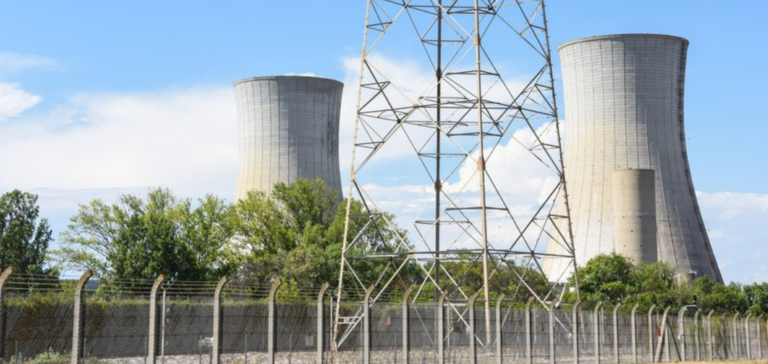The Sri Lankan government has taken a decisive step towards reforming its electricity sector. On November 20, the Cabinet of Ministers approved the Electricity Reform Bill. In addition, this decision marks a turning point in the country’s energy management, focusing on a significant improvement in efficiency, transparency and accountability.
Nuclear Energy: A New Era for Sri Lanka
In a recent statement, Kanchana Wijesekera stressed the importance of this reform:
“Once approved by Parliament, the new electricity law will enable the unbundling of Ceylon Electricity Board (CEB) services, the restructuring of CEB, and encourage private sector participation in generation, transmission and distribution.”
Improving Efficiency, Transparency and Accountability
One notable aspect of this reform is the potential opening up to nuclear energy. Prior to the Cabinet decision, Wijesekera had mentioned that the government was planning to call for Expressions of Interest (EOI) for the establishment of nuclear power in the country. This initiative follows a meeting with representatives of the International Atomic Energy Agency (IAEA).
Partnership with the IAEA for a Robust Legal Framework
The integration of nuclear power into Sri Lanka’s energy mix is part of a long-term vision. Wijesekera pointed out:
“We discussed the structuring of a robust legal framework for the integration of nuclear power, its safe use, waste disposal and public awareness. The government intends to include the safe use of nuclear energy as an integral part of long-term production plans.”
Perspectives and Challenges of Nuclear Integration
Sri Lanka’s electricity generation in 2020, estimated at 15.6TWh, was predominantly based on fossil fuels, accounting for around 10TWh, followed byhydropower with 5TWh, as well as contributions from wind and solar. The CEB, responsible for the generation and transmission of electricity in the country, plans to integrate nuclear power from 2030 onwards in various scenarios of its long-term energy plans.
This reform marks a step change for Sri Lanka in its quest for sustainable and efficient energy. By considering nuclear power, the country is opening up to cutting-edge technologies and paving the way for a cleaner, more responsible energy future.





















